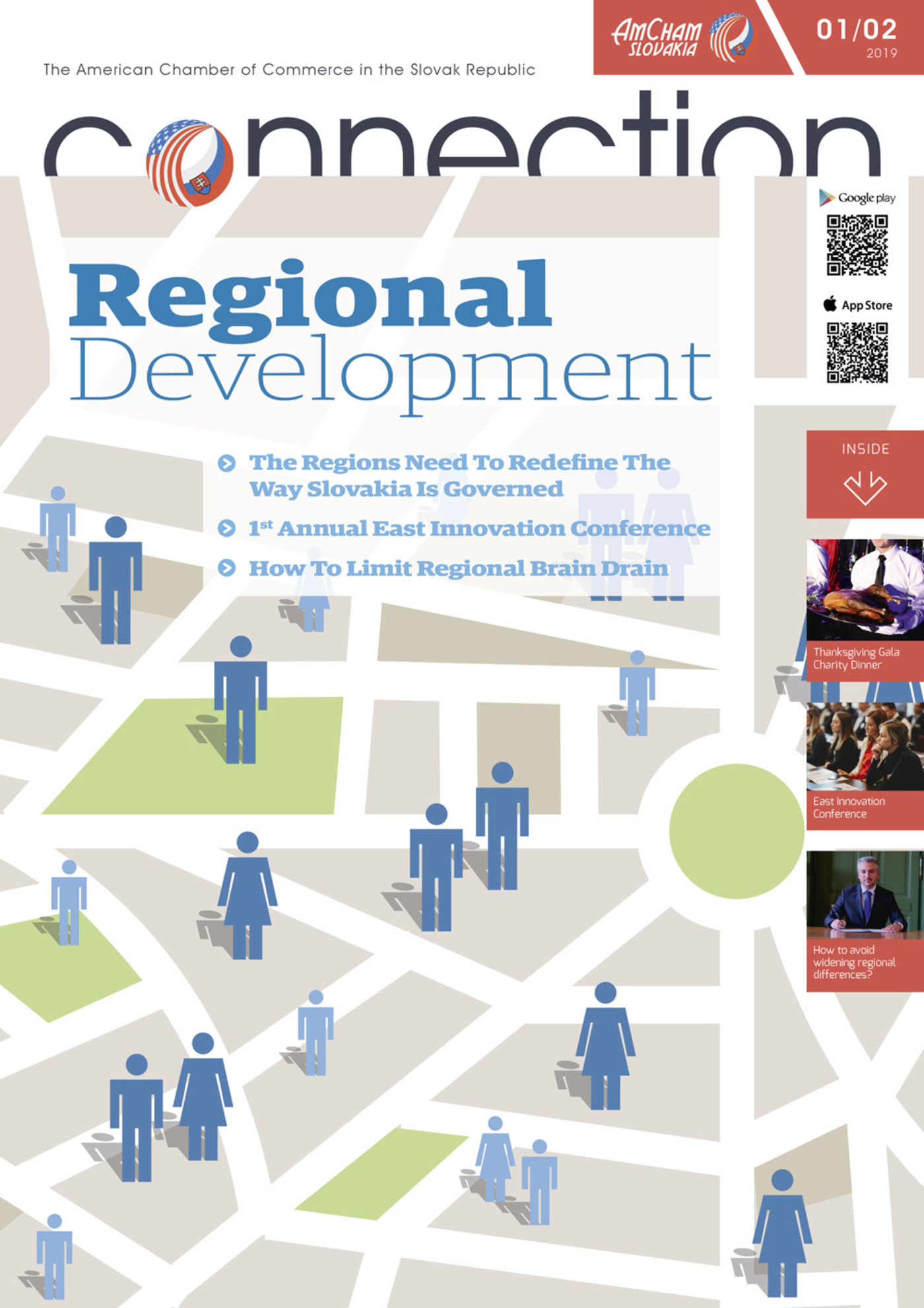In exchange for providing capital, regional investors participate in value created on their home turf which doesn’t leave but gets recirculated and strengthens the regional economy.
There are several stages in the lifetime of regional, often manufacturing companies, small and middle-sized enterprises or family-owned businesses when they need financing. Outside capital can be an additional source for the company owners to expand organically or via acquisitions, make desired changes in the ownership structure, secure market positions faster or sell a part or the whole company to interested investors. Bank financing might not do the job.
There are and always will be companies, which won´t get any or additional bank financing for their expansion plans due to the nature of their business and the increasingly tougher banking regulations. These companies may also be too early or out of scope for venture capital or other investment funds. On the other hand, acquiring expansion capital through a listing on a stock exchange is unattainable to the vast majority of private companies, despite a healthy and profitable business. The majority of private equity investments and company sales thus happen outside of public markets. Thanks to professional crowd investing, private investors can access, invest and buy into such private companies. Companies, on the other hand, gain financially and personally engaged experienced professionals on top of just financial capital.
Innovative companies, be it start-ups or mature SMEs, are attractive to private investors for multiple reasons, beyond just financial returns. Investors are motivated to co-own and participate in their entrepreneurial journey, so they stay close to new ideas, products, technologies and market trends as an inspiration to improve their own businesses, while still having interesting investment return potentials. The motivation to share gathered experience or financial means and give back to the entrepreneurial community, mentor entrepreneurs, expand their own business and investor networks are a part of the investors’ motivation as well.
Slovak companies expanding to international markets
Expanding to new markets, delivering game-changing innovation, developing a new product, increasing manufacturing capacity or even expanding the team in today’s competitive environment is challenging. All of these challenges may require, at some point in time, external funding to support and enable the company’s growth and establish an internationally or even globally successful business.
Expansion in the CEE and SEE region and beyond usually sits on top of the list of local businesses but might not find the support via bank financing. Such expansion capital however is the lever the company can use to multiply its business value.
In 2013, Zuzana Ševcová and Jozef Ševc founded a family owned premium dairy which quickly became successful throughout Slovakia and a couple of neighboring regions selling more than a million yogurts a year. Expanding in CEE, the company needs capital to increase its manufacturing capacity and broaden its product portfolio. The bank renders such expansion plan as too risky, which is why the company looked for alternative capital sources and approached smart investors via crowd investing.
Profitable and established companies are likely to expand their business through acquisitions of competition or in their value chain. We are likely to see more acquisitions by Slovak businesses in the CEE region in the near future.
An example is CreativePro, a Slovak live marketing agency, which expanded through the acquisition of its polish partner agency in 2017. Despite 14 years of existence, profitable and established presence in CEE, the acquisition capital had to come from private investors, who were paid the first dividend only a few months following the investment. Beyond providing the capital, the investors actively support the company on its expansion path.
Innovation can´t wait for the profit to come
Having skilled people with technical and IT background, Slovakia is becoming a strong innovation hub in CEE. Globally successful companies such as Eset, Pixel Federation, Sli.do, Sygic or Visicom, once startups themselves, are followed by newer generations of Slovak companies targeting global markets, among others Ecocapsule, Exponea, MultiplexDX, SEAK, Sensoneo and Voltia.
Building innovative companies from scratch or bringing SMEs to the next level increasingly requires external investors’ capital. Such capital accelerates a company’s innovation power and enables it to maintain its lead over the competition. Such external capital should be used as a lever to achieve results and achieve them faster. Some investors also use investments as a gateway to companies’ innovation power and as a source of inspiration for their own businesses.
Planning for succession and changes in ownership structure
Family-owned companies with a stable business and no next generation family member to run the company in the future are seeking solutions how to transition the company management and ownership. Structural changes in a company’s ownership with the support of outside investors’ capital can enable a partial or complete sale of family ownership, realizing an early dividend and a gradual transition to new company owners and/or management. Investors on the other hand have the possibility to buy into well-established businesses and participate in their results.
Michal Nešpor, Partner, Crowdberry



Follow us